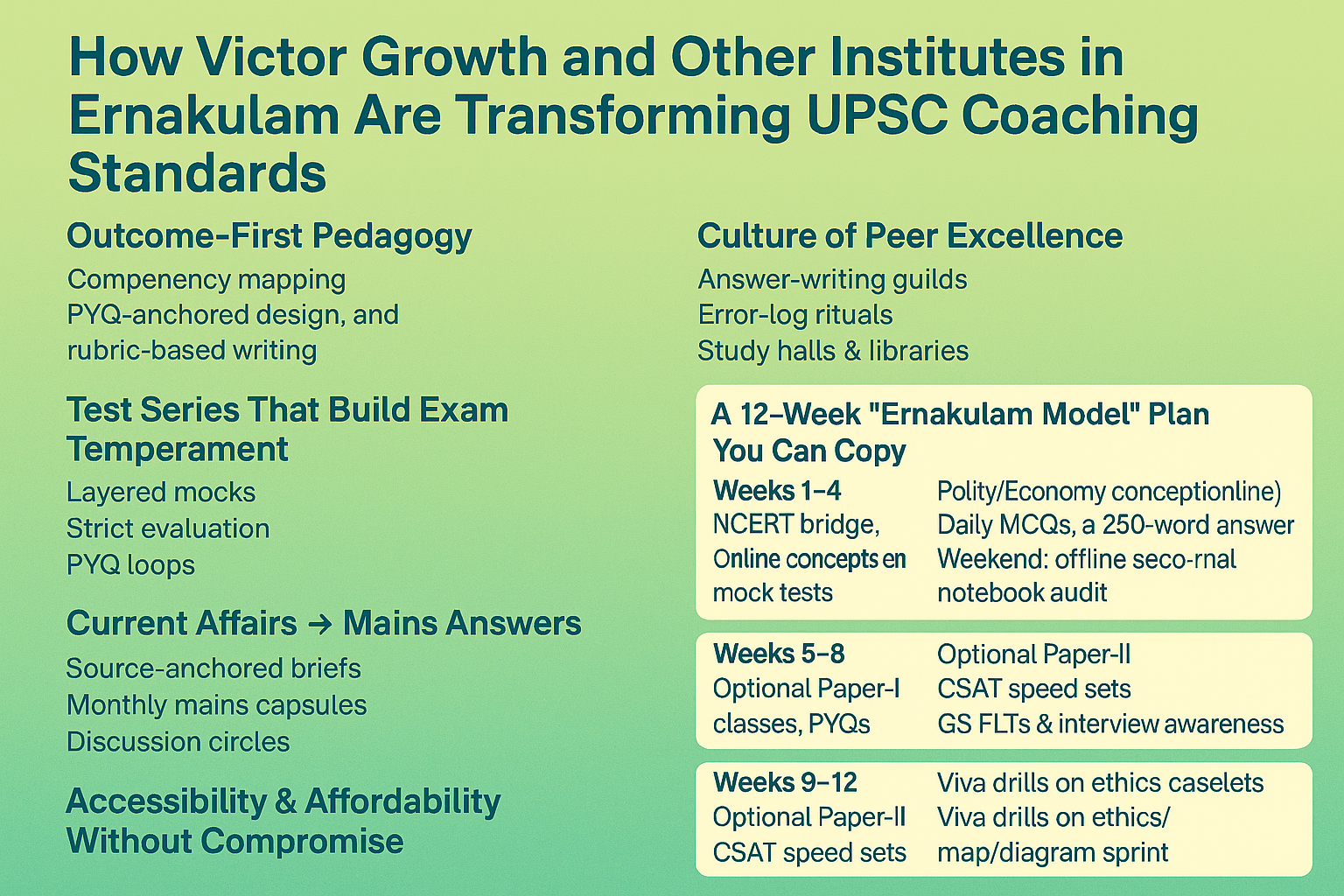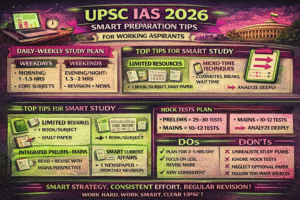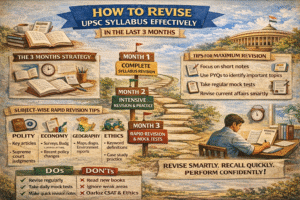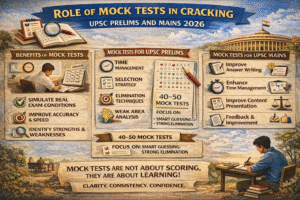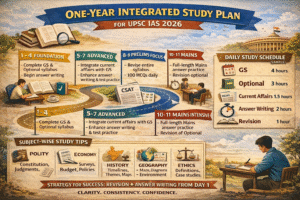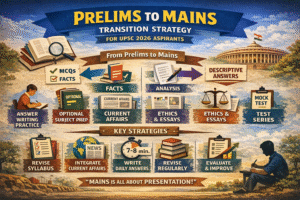Ernakulam has rapidly evolved into a high-performance hub for UPSC Civil Service Coaching in Ernakulam, driven by outcome-focused institutes like Victor Growth alongside a competitive ecosystem of academies, subject experts, and peer-learning communities. What’s changed isn’t just the number of classrooms—it’s the standard of delivery: tighter pedagogy, measurable progress, and hybrid access that make preparation more scientific, affordable, and student-centric.
1) Outcome-First Pedagogy: From Syllabus Coverage to Score Conversion
Competency mapping: GS, Optional, CSAT, Essay, and Interview are broken into micro-skills—concept recall, application, analysis, and presentation—so every class targets a specific exam skill.
PYQ-anchored design: Modules begin with trend analysis of the last 10–12 years, ensuring every topic, example, and diagram directly serves Mains/Prelims demands.
Rubric-based writing: Standardized evaluation rubrics (intro-body-conclusion, value-adds, structure, and time discipline) convert feedback into actionable score gains.
Victor Growth edge: A Performance-Linked Learning System that couples monthly progression tests with attendance and improvement benchmarks; students continue only when they meet performance thresholds—maximizing ROI at an Affordable Fee.
2) Hybrid Delivery That Actually Works
Online for concept depth & revision: Recorded/live classes, chapter summaries, and quick-revision reels.
Offline for pressure training: Invigilated OMR Prelims mocks, 3-hour Mains drills, and panel interviews simulate the real exam.
Metro-friendly timetables: Kochi Metro access (Kalamassery–Edappally–Palarivattom–MG Road) reduces friction so aspirants can attend weekend mocks without losing study hours.
Why this matters: Hybrid isn’t just convenience—it’s precision: online accelerates theory; offline hardwires speed, stamina, and presentation.
3) Test Series That Build Exam Temperament
Layered mocks: Foundation sectionals → theme tests (Polity/Eco/Env/Geo) → FLTs (GS I–IV, Essay, Optional) → rapid re-tests based on error logs.
Strict evaluation & moderation: Multiple evaluators with a common rubric; sample top-copy sharing to model excellence.
Data dashboards: Heat maps of weak topics, time-per-question analysis, and consistency metrics help students plan weekly fixes.
Victor Growth practice: Publicly structured calendars, sample corrected copies during counseling, and Affordable Fee test packs that include re-evaluation after targeted remedials.
4) Optional Subjects Done the Right Way
Depth over breadth: Paper-wise blueprints, targeted case studies, map practice (for Geography), and administrative caselets (for Public Administration).
PYQ loops: Every subtopic ends with PYQs and predicted patterns; value-addition notes focus on diagrams, flowcharts, and contemporary linkages.
In Ernakulam: Frequent workshops by rotating specialists ensure optional papers like Geography and Public Administration stay application-heavy and scoring.
5) Current Affairs → Mains Answers, Not Just PDFs
Source-anchored briefs: PIB, PRS, NITI, Ministry reports distilled into mains-ready points with data, schemes, and Kerala-specific case studies.
Monthly mains capsules: GS II/III heavy topics (federalism, welfare, health, education, urbanization, climate finance, maritime security) converted into 250-word answer banks.
Discussion circles: Weekly debates and viva-style queries to lift analytical depth and interlinking across papers.
6) Mentorship Becomes Non-Negotiable
Scheduled 1-to-1s: Target-setting, study-plan pivots, and accountability checks replace vague “open-door” promises.
Notebook audits: Handwriting, margins, diagrams, and subheading discipline are corrected on real scripts.
DAF clinics & mock interviews: Personality mapping, district dossiers, hobby mining, and stress interviews prepare candidates for the board room.
Victor Growth differentiator: Monthly progression gating (≥50% + ≥90% attendance) with individual feedback loops at an Affordable Fee.
7) Culture of Peer Excellence
Answer-writing guilds: Students exchange marked copies; peers must justify every mark—training evaluative thinking.
Error-log rituals: Every mock spawns a personal “fix list” that is retested within 7–10 days—no stale weaknesses.
Study halls & libraries: Ernakulam’s co-study spaces enable long, distraction-free sittings; institutes schedule late-hour doubt windows to sustain momentum.
8) Accessibility & Affordability Without Compromise
Modular enrollments: Buy only what moves the needle—test series, optional intensives, essay labs—lowering cost for repeaters and self-studyers.
Hybrid scholarships & referrals: Merit-cum-means and performance bonuses reduce net spend.
Transparent inclusions: Printed calendars, deliverables, and sample evaluations; no hidden add-ons.
Bottom line: The city’s best institutes deliver Affordable Fee without diluting rigor—because efficiency and evaluation carry the weight, not frills.
9) A 12-Week “Ernakulam Model” Plan You Can Copy
Weeks 1–4
NCERT bridge + Polity/Economy concepts (online).
Daily: 10–20 MCQs + one 250-word answer.
Weekend: Offline sectional (GS) + notebook audit.
Weeks 5–8
Optional Paper-I classes + PYQs.
Two evaluated answers/week + one essay (fortnight).
OMR mock every Sunday with error-log redo on Wednesday.
Weeks 9–12
Optional Paper-II + CSAT speed sets (2/week).
GS FLT-1 & FLT-2 + interview awareness.
Viva drills on ethics caselets; map/diagram sprint.
10) How to Choose the Right Institute in Ernakulam (Checklist)
Printed month-wise plan with test dates and inclusions.
Sample corrected copies and clear evaluation rubric.
Access to mentors on schedule, not “on request.”
Optional depth with PYQ mapping and model answers.
Hybrid structure: recorded classes + offline mocks.
Affordable Fee with transparent breakup and scholarships.
Consistent, exam-like simulation (OMR + 3-hour mains).
Library/study hall access with extended timings.
What This Means for Aspirants
Ernakulam’s new standard—led by Victor Growth and reinforced by other serious academies—prioritizes measurable learning over marketing. The formula is simple:
PYQ-driven teaching,
relentless testing & feedback,
mentorship with accountability,
hybrid efficiency at an Affordable Fee.
Adopt this playbook, and the city’s ecosystem will do the rest—structure your effort, compress waste, and turn preparation into predictable progress for the UPSC Civil Services Examination.

